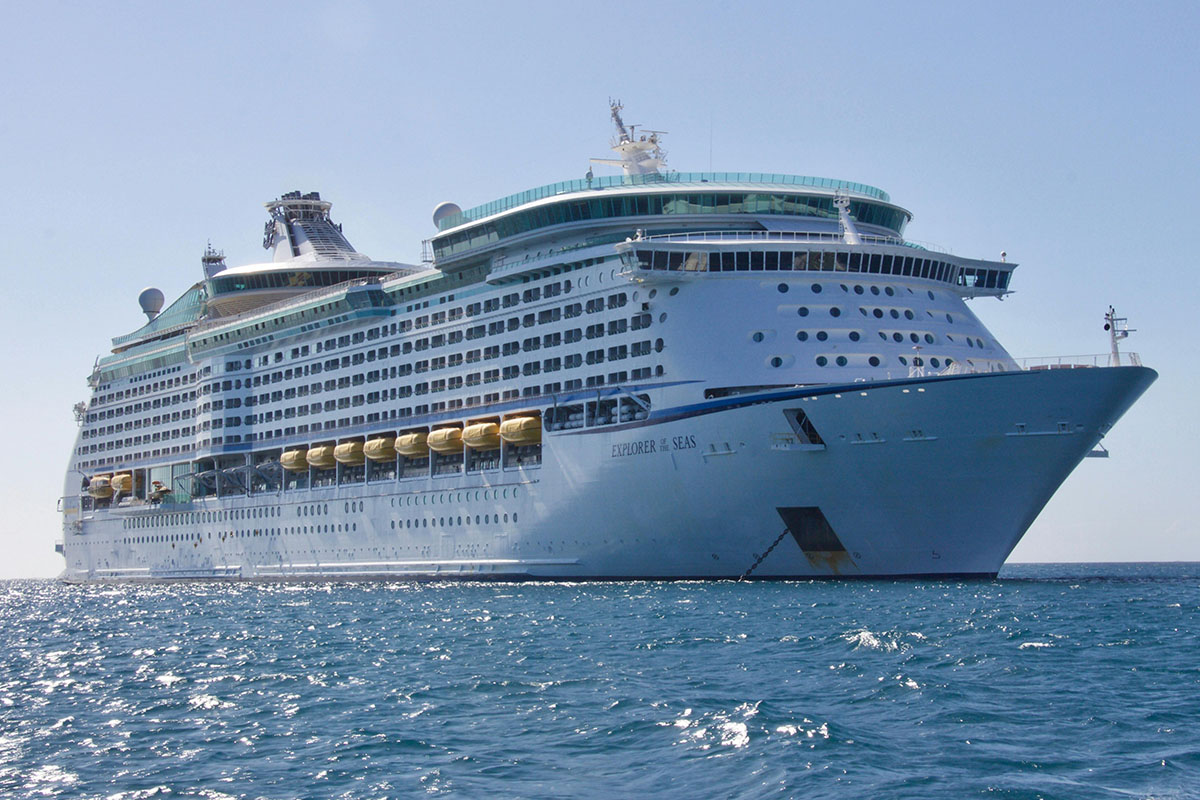Safeguarding Travel and Spread by Land, Air, and Sea
Modern transportation networks move millions of people daily across cities, states, and borders. While critical to global commerce and mobility, these systems also accelerate the spread of infectious disease. Varro Life Sciences provides real-time pathogen detection solutions that safeguard passengers and staff, prevent costly service disruptions, and protect economic stability.

Passenger Compartment Safety
Varro’s platform technology enables rapid airborne pathogen detection in enclosed transportation environments. By identifying threats early, operators can take proactive measures that protect travelers and employees before infections spread across multiple cities and states.
Mass Transit Continuity
Airports, terminals, and transit hubs are high-density spaces where pathogens can spread quickly. Deploying Varro’s pathogen monitoring devices allows transportation authorities to maintain essential services by identifying risks early, protecting commuters, and preventing large-scale disruptions that could paralyze urban mobility and economic activity.
Ride-Share and Taxi Services
Varro devices extend protection to small-scale, high-frequency transport. By monitoring pathogen exposure in real time, ride-share and taxi operators can protect both drivers and passengers, building confidence, safety, and transparency for every ride.
Maritime Outbreak Prevention
Cruise lines and ferry operators face unique risks due to prolonged voyages and dense onboard living conditions. With Varro’s devices, ships can detect airborne diseases before they spread, avoiding quarantine scenarios, costly delays, and international health incidents that damage trust in global travel.

Stopping Pathogen Spread at Critical Transit Gateways
Public transit is a known amplifier of respiratory virus transmission. During the COVID-19 pandemic, transportation systems became vectors for rapid spread, forcing shutdowns that strained economies and disrupted daily life.¹ Cruise ships, in particular, gained notoriety as high-risk environments, with several early outbreaks in recent years leading to mass quarantines and significant public health interventions.² Even outside pandemics, influenza and norovirus outbreaks on ships and in mass transit settings continue to cause illness and economic loss.³ Varro’s platform closes critical gaps by enabling continuous monitoring and rapid identification before outbreaks escalate.

Varro’s air bio-detectors can be placed in terminals, waiting areas, buses, planes, and ships for continuous surveillance. Portable devices extend testing into vehicles, ride-shares, and boarding checkpoints.
Measurable Outcomes:
- Safer passenger compartments and vehicles
- Continuity of transit operations during outbreaks
- Reduced risk of large-scale quarantines and service disruptions
- Increased passenger and employee confidence in public safety
Protect mobility, passenger health, and public confidence with proactive pathogen detection. Contact Varro Life Sciences to explore deployment across transportation networks worldwide.
- Centers for Disease Control and Prevention, “COVID-19 and Public Transportation,” updated 2022, https://www.cdc.gov/coronavirus/2019-ncov/community/transportation/index.html.
- Centers for Disease Control and Prevention, “COVID-19 Outbreaks on Cruise Ships — United States, February–March 2020,” Morbidity and Mortality Weekly Report 69, no. 12 (2020): 347–52, https://www.cdc.gov/mmwr/volumes/69/wr/mm6912e3.htm.
- Centers for Disease Control and Prevention, “Vessel Sanitation Program,” last modified 2023, https://www.cdc.gov/nceh/vsp/index.html.

